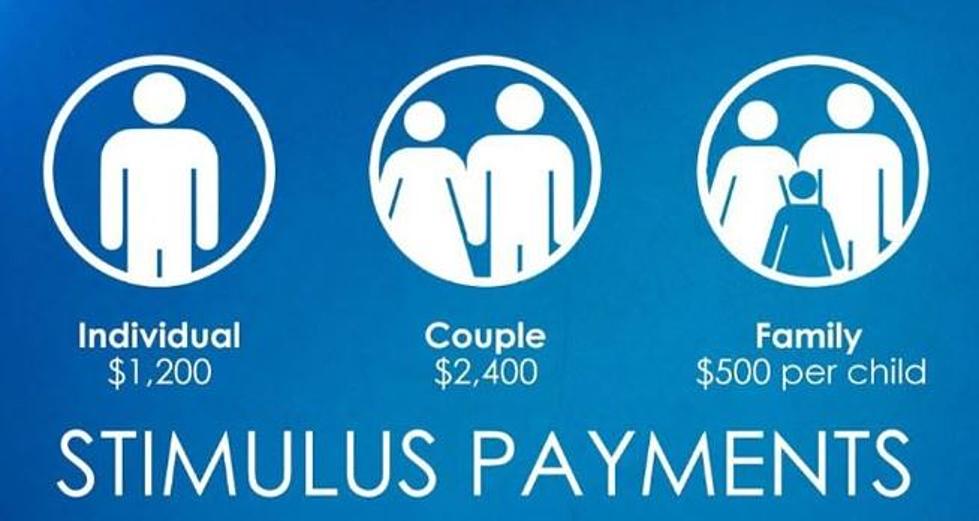
IRS Quietly Backs Away from Non-Profit Restrictions Aimed at TEA Party, Conservative Groups
Probably didn't make the news much lately, at least not the mainstream media, but critics are calling it a HUGE victory for conservative non-profit groups.
According to the Politico website, and information released by the Tri-Cities TEA Party, the IRS has decided not to implement a series of restrictions aimed specifically at what are called 501(c)4 groups, which is how the TEA Party and numerous other such groups are registered. According to the Politico and Greg Campbell of the Tri-Cities TEA Party:
"The rules would have made it impossible for nonprofits to discuss anything the Obama Administration deemed political- that included speaking of the Constitution, issuing nonpartisan voter guides or mounting nonpartisan drives to register voters. In order to maintain tax-exempt status, a 501(c)4, the official designation for nonprofits, must serve as a beacon of social welfare and strive to better society. While some nonprofits better society by running soup kitchens, many look to better their communities by offering information and resources to the people.
While nonprofits have long been barred from actively campaigning for a candidate in an official capacity, these new regulations would have made, essentially, any utterance of anything quasi-political a form of “political activity,” thus enabling the federal government the right to crack down on nonprofits- which includes many Tea Party groups."
These rules would NOT have applied to 501(c)3 groups such as the liberal League of Women Voters Education Fund, or the biggest spenders in all of politics, labor unions. They are registered as 509(c)(5) groups.
The Wall Street Journal spoke about these IRS "guidelines" in December 2013, saying essentially the only non-profits the government were seeking to muzzle were conservative. If the IRS proposals had been adopted, groups such as the TEA Party would have been rendered politically and legislatively "useless."
The reasons given for the back down were not specifically revealed by the IRS, but it's likely they realized there would be an avalanche of legal and other legislative action against them. When it became apparent the IRS had been targeting such groups for the last couple of years, the firestorm of controversy was enormous. The IRS probably figured it would be multiplied many times over if they tried to enact these policies.
Either way, critics say this marks a significant victory for non-profit conservative political action groups.
More From 870 AM KFLD









